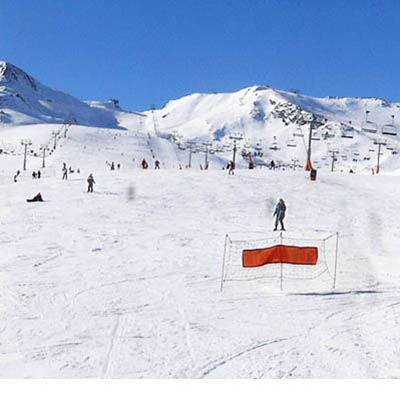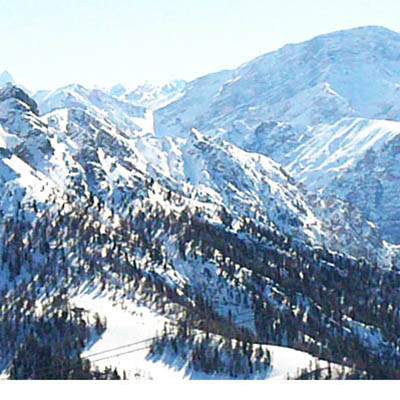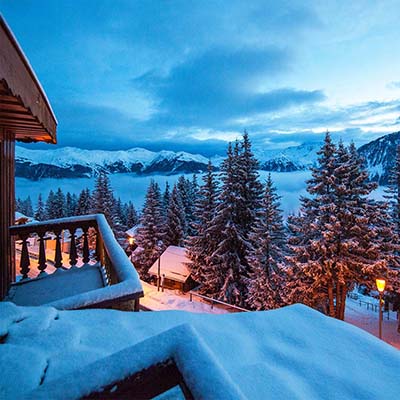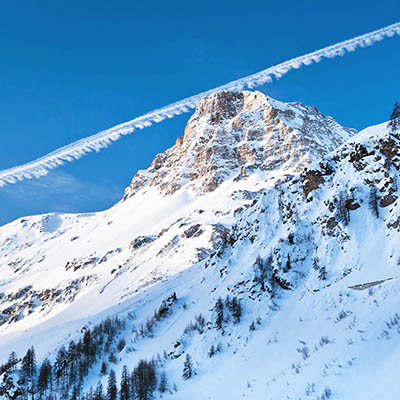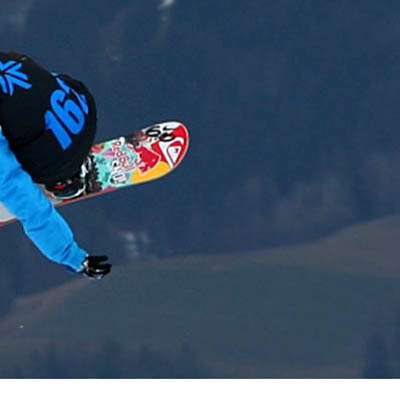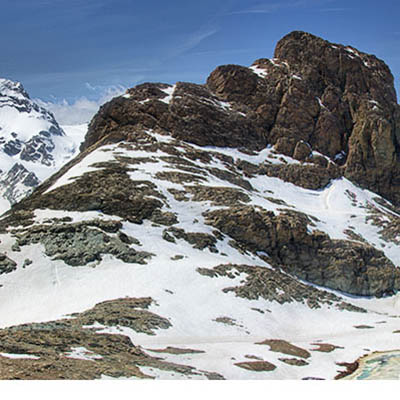
Bad Aussee Monthly Climate Averages
Near Bad Aussee there is the ski resort Altaussee - Loser. High season with the best snow conditions are typically January, February, March, although the resort open in December and close in April. Nevertheless, you can still enjoy the fresh air and view during the off season.
To help you choose the best time to travel, you can find climate data below on the weather in Bad Aussee .
| Month | day |
night |
rain |
|
| January | +2 | -5.7 | 111 | 9.5h |
| February | +4.7 | -4.7 | 82 | 10.8h |
| March | +9.1 | -1.3 | 112 | 12.5h |
| April | +13.1 | +1.8 | 96 | 14.2h |
| May | +18.9 | +6.5 | 121 | 15.8h |
| June | +21.2 | +9.5 | 181 | 16.6h |
| July | +23.4 | +11.4 | 212 | 16.2h |
| August | +23.5 | +11.4 | 167 | 14.8h |
| September | +19.5 | +8.1 | 129 | 13.1h |
| October | +14.6 | +3.9 | 89 | 11.3h |
| November | +6.7 | -1.1 | 110 | 9.8h |
| December | +2.4 | -4.4 | 124 | 9.1h |
Temperature in Bad Aussee
The table shows that the hottest months in Bad Aussee are August and July, during which the average daytime temperature reaches +23.5°C and the nighttime temperature falls to +11.4°C.
The coldest months are January and December, when the daily average temperature falls to +2°C, and drops to -5.7°C during the night.
Most booked hotels in Bad Aussee
Best ski resorts :
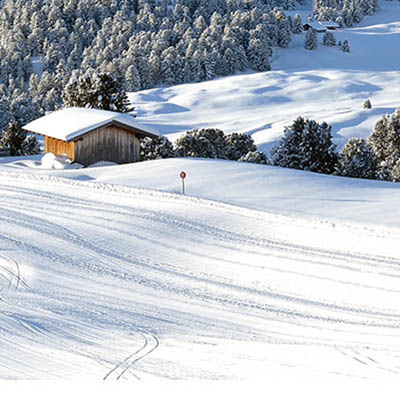
Val Gardena
Italy
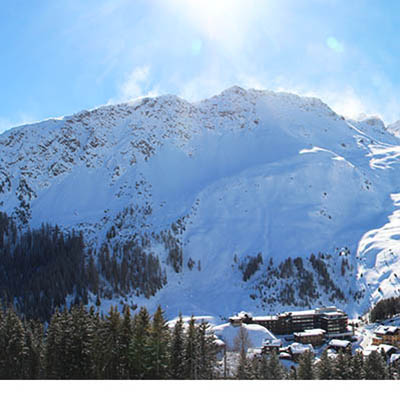
Arosa
Switzerland
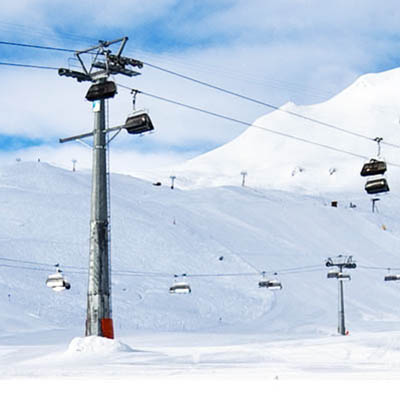
Samnaun
Switzerland
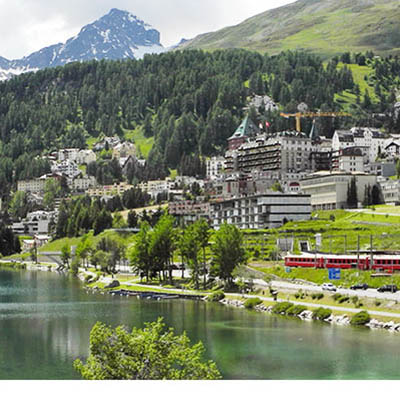
St. Moritz
Switzerland
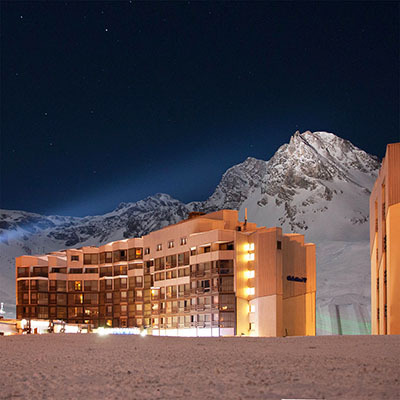
Tignes
France
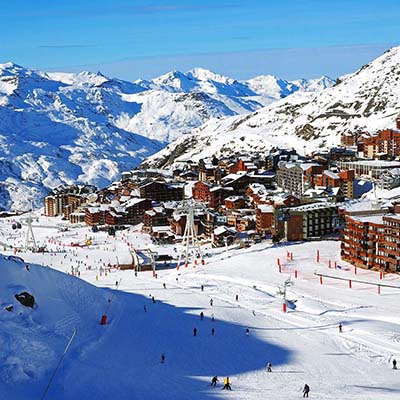
Val Thorens
France
Most Popular Destinations in the World
Precipitation
The largest amount of precipitation falls on average in July and June, up to 212mm, and the least in February and October — up to 82mm.

